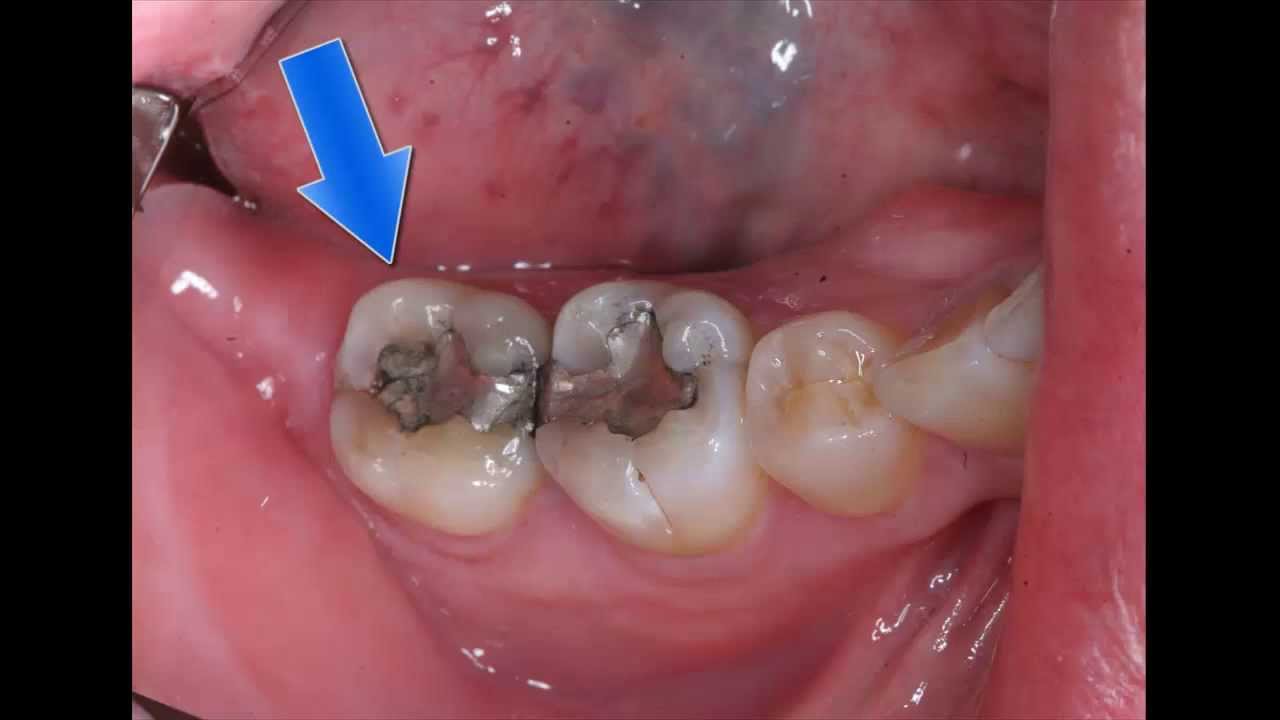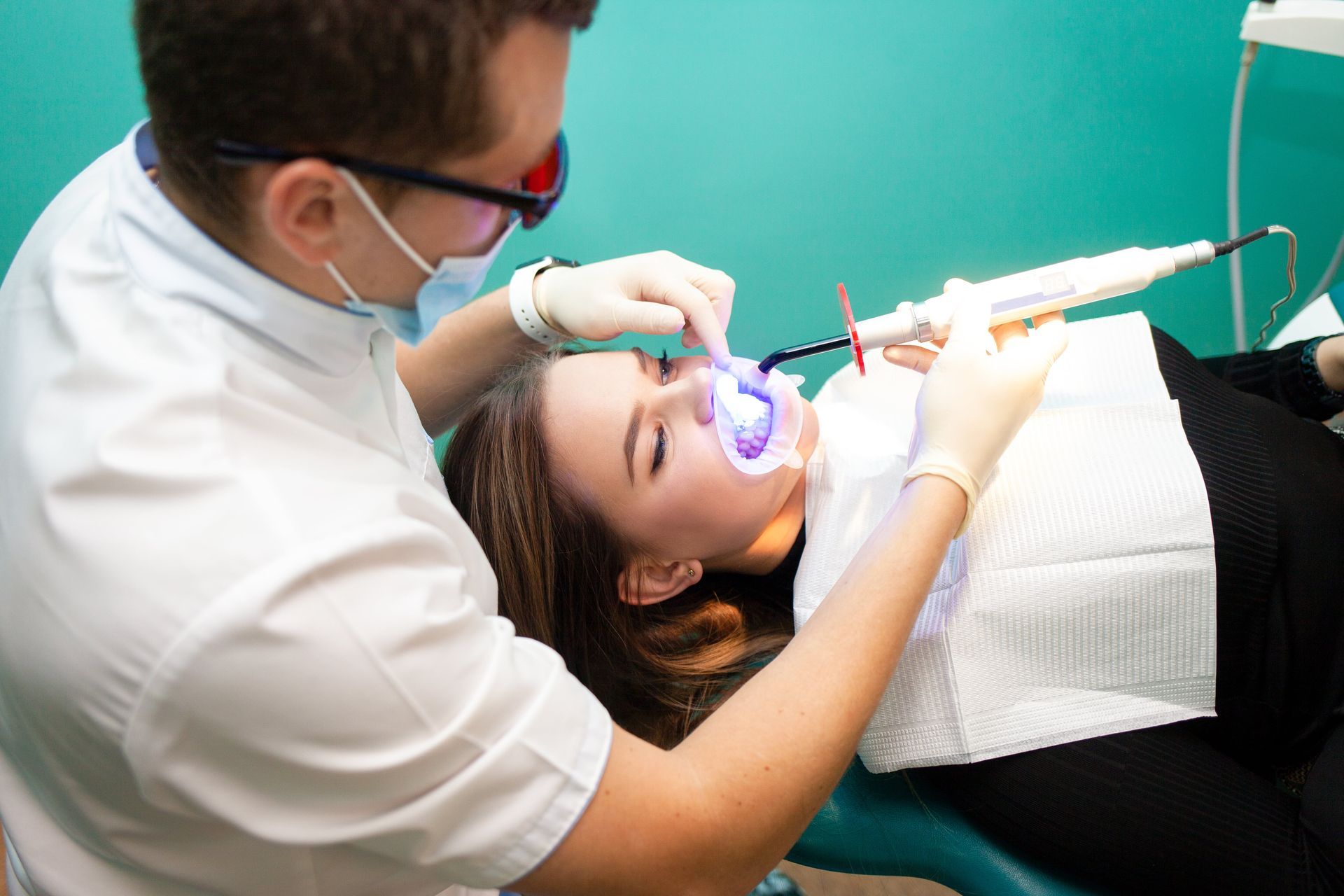Tooth Broke But No Pain

When a tooth breaks, the immediate expectation is often a sharp, stabbing pain. However, it’s not uncommon for individuals to experience a broken tooth without any accompanying pain. This seeming anomaly can be attributed to several factors, which are crucial to understanding the complex relationship between tooth structure, nerves, and pain perception.
The Structure of a Tooth
A tooth is composed of several layers, each playing a distinct role in its overall health and function. The outermost layer is the enamel, the hardest substance in the human body, which provides a protective barrier against decay and damage. Beneath the enamel lies the dentin, a softer, more porous layer that contains tiny tubes which transmit pain stimuli to the pulp. The pulp, situated at the tooth’s core, is a soft tissue containing blood vessels and nerves. It is the pulp that is primarily responsible for tooth sensitivity and pain.
Why a Broken Tooth Might Not Hurt
Location and Extent of the Break: If the break in the tooth does not expose the dentin or the pulp, there may not be an immediate pain sensation. For instance, a small chip in the enamel might not reach the dentin, thereby avoiding irritation of the nerve endings.
Type of Break: The type of fracture (e.g., craze lines which are small cracks in the enamel) might not penetrate deep enough to cause discomfort. In some cases, the tooth may have a clean break that doesn’t expose the pulp, which can also result in minimal to no pain.
Tooth Decay or Previous Damage: In some instances, a tooth that has been subjected to decay or previous damage might have a reduced pulp vitality. This means that the nerves within the tooth are either dead or dying, which can lead to a reduction or complete absence of pain even when the tooth breaks.
Individual Pain Threshold: People have different pain thresholds, and what might cause significant discomfort for one person could be barely noticeable for another. This variability can influence whether a broken tooth is perceived as painful.
Potential Complications
Even if a broken tooth does not initially cause pain, it is crucial to seek dental attention. A broken tooth can lead to several complications if left untreated:
- Infection: Bacteria can penetrate the break and infect the pulp, leading to an abscess or more severe infection that can spread beyond the tooth.
- Further Damage: A weakened tooth is more susceptible to further breakage or erosion, potentially exposing the pulp and causing pain.
- Aesthetic Concerns: A broken tooth can affect the appearance of one’s smile, potentially impacting self-confidence and overall well-being.
What to Do
If you’ve broken a tooth but are not experiencing pain, it’s still important to visit a dentist as soon as possible. A professional evaluation can determine the extent of the damage and the best course of action. Treatment might involve a filling, crown, or in more severe cases, a root canal if the pulp is infected. In some instances, if the break is minor and doesn’t compromise the structural integrity or aesthetics of the tooth, the dentist might simply monitor the situation.
Preventive Measures
Preventing tooth breakage involves a combination of good oral hygiene practices and avoidance of harmful habits:
- Regular Dental Check-Ups: Early detection of decay or weaknesses in the teeth can prevent more severe problems.
- Proper Brushing and Flossing: Removes plaque and bacteria that can lead to decay.
- Avoiding Hard Foods: Steer clear of foods that are known to cause tooth damage, such as ice, hard candy, or popcorn kernels.
- Wearing a Mouthguard: If you participate in sports, using a mouthguard can protect your teeth from injury.
In conclusion, while a painless broken tooth might seem like a less pressing issue, it is critical to address the problem promptly to prevent potential complications and ensure the long-term health of your teeth and overall oral well-being.
What should I do immediately if I break a tooth?
+If you break a tooth, it’s essential to contact a dentist right away. Even if there’s no pain, a professional needs to assess the break to determine the best course of action and prevent potential infections or further damage.
Can a broken tooth heal on its own?
+No, a broken tooth cannot heal on its own. While the body can repair small fractures in bones, teeth are different and require professional repair, such as fillings or crowns, to restore their structure and function.
How can I prevent breaking a tooth?
+Preventing tooth breakage involves maintaining good oral hygiene, avoiding hard or sticky foods, not using your teeth as tools, and wearing a mouthguard during sports. Regular dental check-ups can also help identify and address weaknesses in the teeth before they become major issues.

